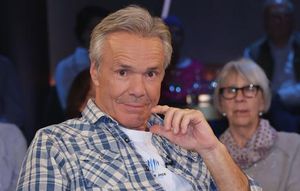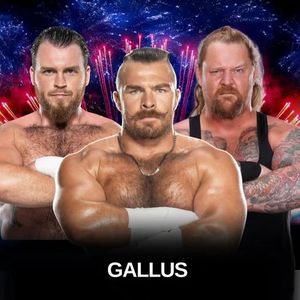Renowned Canadian psychologist and author Jordan Peterson has relocated to the United States, citing serious concerns over Canada’s legislative direction and personal challenges with regulatory bodies. This decision has sparked intense debates about free speech, government authority, and individual freedoms.
Peterson’s choice to leave Canada stems primarily from his opposition to the proposed Bill C-63, known as the Online Harms Act. This legislation aims to combat hate speech by urging social media platforms to regulate harmful content more strictly. Yet, critics like Peterson argue this could lead to significant overreach, potentially curtailing free expression and increasing governmental oversight. During his announcement, Peterson expressed his apprehension, stating, “if the bill passes, Canadians would be living in a totalitarian hellhole.”
His move aligns with increasing anxiety over regulatory control. The College of Psychologists of Ontario had placed him under scrutiny after complaints about his online conduct, mandatorily requiring he undergo social media re-education training. Failing compliance risked suspension of his professional license. Peterson contested this directive legally, but Canada’s Supreme Court dismissed his appeal this past August, deepening the complexity of his situation.
Beyond the political and regulatory tensions, Peterson cited personal motives for his relocation. He expressed growing dissatisfaction with Canada’s tax policies and governance under Prime Minister Justin Trudeau, labeling the federal government as “incompetent beyond belief.” The move to the U.S. also places him closer to his daughter, Mikhaila Peterson, who lives in Arizona, along with the allure of living in sunnier climates.
Public reaction to Peterson’s relocation has been diverse, illustrating the contentious views surrounding his persona. Some supporters hailed his move as a stand for free speech. For example, @FreeSpeechAdvocate commented, “Jordan Peterson's relocation highlights the dangers of overreaching legislation on free expression.” Others expressed disappointment, such as @MapleLeafPatriot who said, “Abandoning Canada in challenging times is disappointing. We need voices like his here.”
Despite the backlash and praise, Peterson remains undeterred, continuing to articulate his views on government legislation and societal norms. Attending the announcement on his daughter’s podcast, he firmly stated, “It’s become uncomfortable for me in my neighborhood of Toronto.” This sentiment captures the institutional clash he feels between his views and prevailing social attitudes within Canada.
Peterson's critique of the Online Harms Act reflects larger societal tensions about the balance between protecting citizens and maintaining free speech. The legislation has garnered considerable backlash from civil liberties groups, particularly the British Columbia Civil Liberties Association, which claims its provisions could lead to unnecessary surveillance and wrongful convictions.
Adding to the mix of legislative complexity, the Canadian government recently announced plans to split the bill. This decision aims to separate child protection aspects from contentious free speech regulations, indicating the government’s recognition of the bill's divisive nature.
Throughout his career, Peterson has been at the forefront of many contentious debates about free expression, political correctness, and social responsibility. His rise to prominence began with his opposition to compelled speech legislation at the University of Toronto, and he has since emerged as something of an icon within conservative circles.
Still, it’s hard to ignore the fallout from his criticisms and the scrutiny he faced over his statements on various social issues, including gender identity and racial diversity. Critics of Peterson remind us of the potential dangers of unchecked discourse; others see his migration as part of a necessary fight for free speech.
Leading up to his announcement about moving to the U.S, Peterson faced intense criticism, particularly from more liberal circles. His comments during various public engagements have often drawn ire, especially his statements concerning policies aimed at promoting diversity, equity, and inclusion.
It is also notable to point out Peterson's recent experiences with Canadian regulatory processes, where parts of his public persona intensified the challenges he faced with professional licensing bodies. These factors combined to shape his decision to relocate.
During his reflections on the podcast, he emphasized environmental factors too, highlighting the appeal of residing where “every single day is sunny.” This couldn’t be more representative of the personal and professional shifts Peterson is undertaking as he reestablishes his life and career outside Canada.
With these factors at play, Peterson's decision to leave Canada touches on more than just personal preference; it raises significant questions about the state of free speech, government regulation, and the possible futures of individual liberties. The conversations Peterson sparks with every statement and decision are more urgent than ever, reflecting the growing cultural divide on these pivotal topics.
One can only marvel at the impact of his move on his career and public dialogue, as he shifts from Canada’s contentious political environment to potentially more hospitable grounds for his views. For now, Peterson embraces the opportunities his new life offers, but the debates surrounding his beliefs and actions remain far from resolved.



